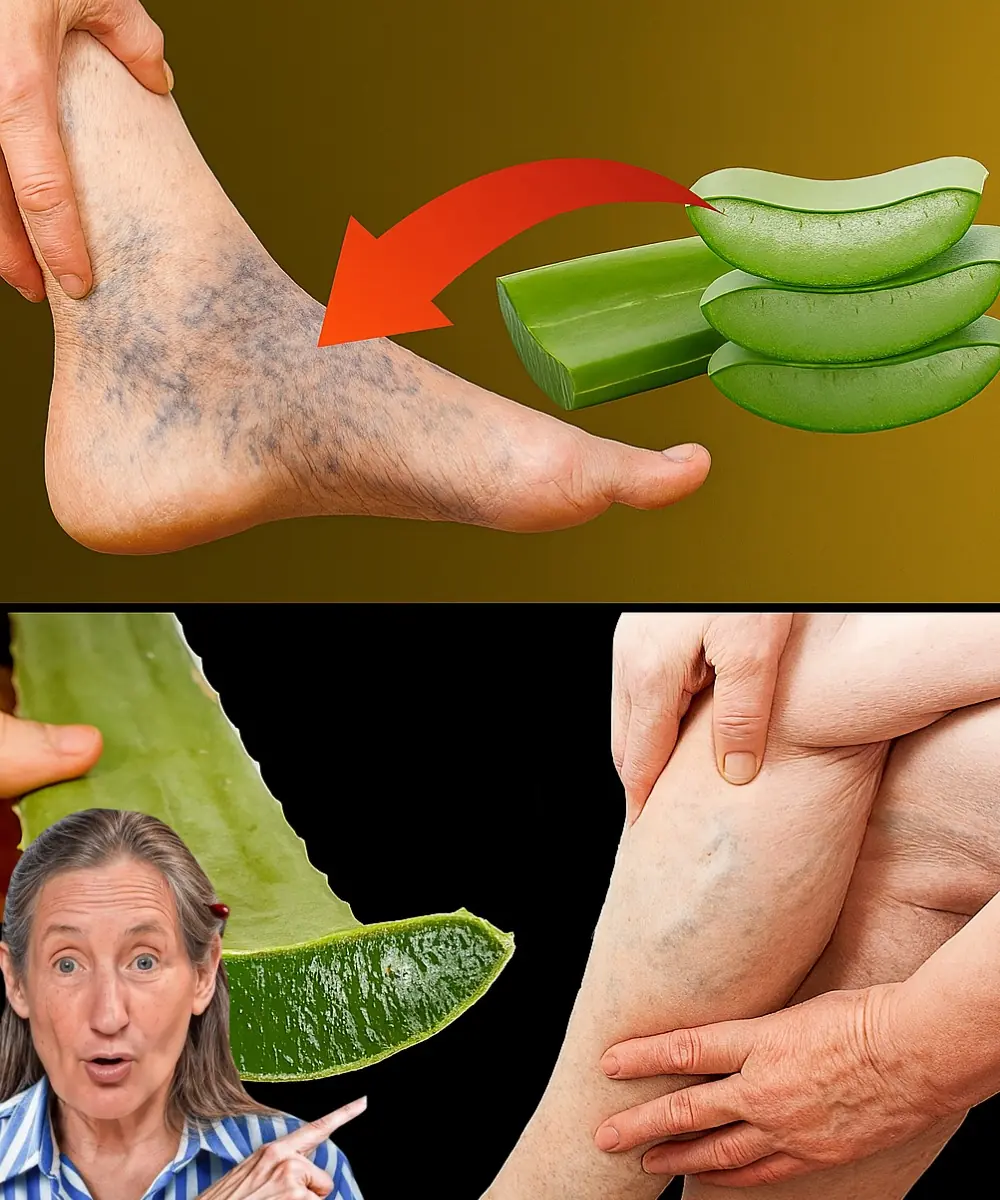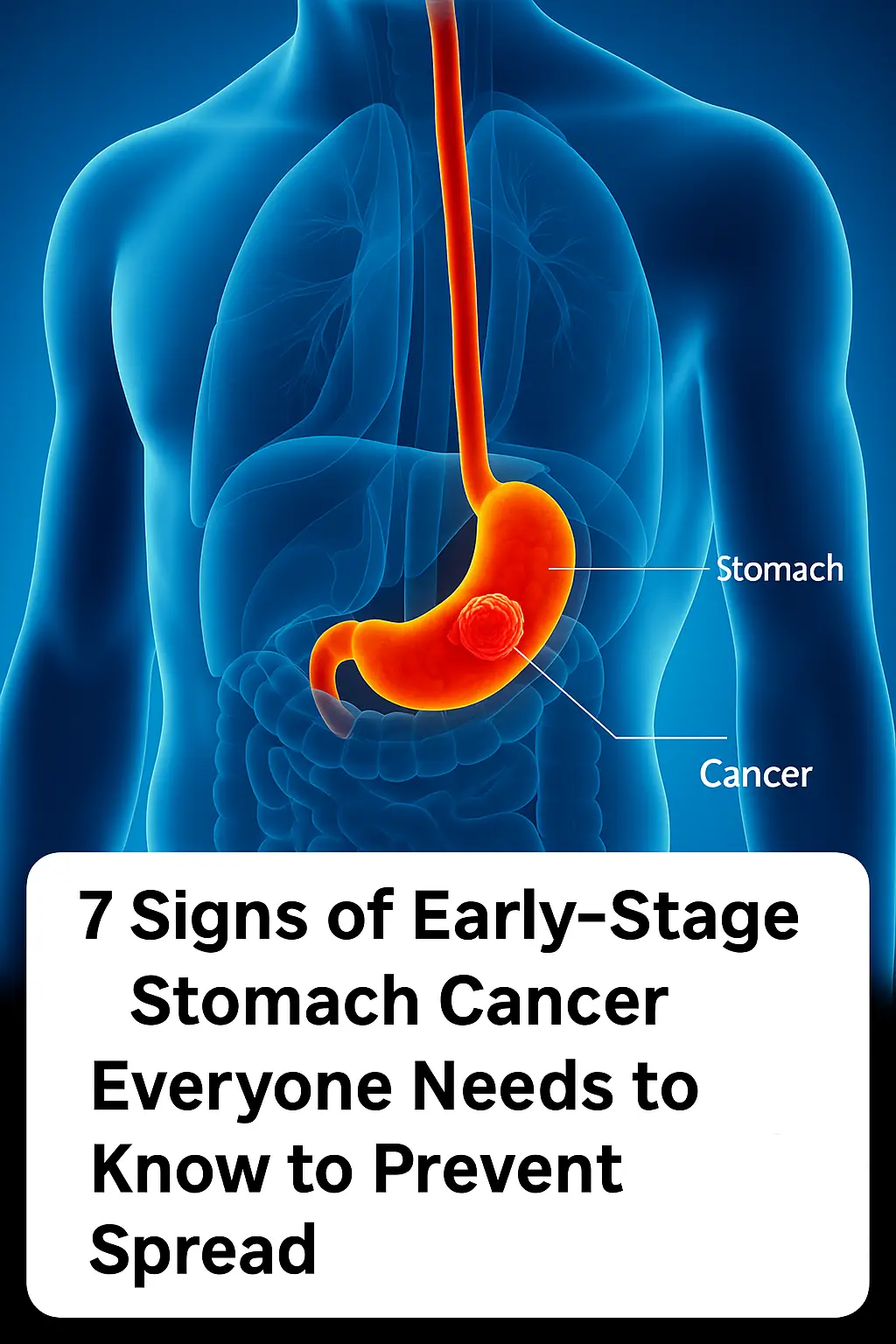
68-Year-Old Man Dies from Kidney Failure — Doctor Warns: Stop Eating These 3 Types of Breakfast
"Doctor, I always thought eating light porridge with pickles in the morning was good for the stomach. How did I end up with kidney failure?"
— This question from a 68-year-old man marked the beginning of a health tragedy.
Light doesn’t mean healthy, and traditional doesn’t mean safe.
This is especially true for breakfast habits that repeatedly involve high salt, high fat, or heavy-burden foods. These can be especially dangerous for organs like the kidneys, which have limited regenerative capacity and no pain receptors to signal damage.
The Hidden Dangers of Common Breakfasts
Many believe that a non-greasy breakfast equals a light and healthy one. However, porridge with pickles is one of the riskiest combinations.
-
A bowl of plain porridge contains minimal sodium.
-
But just a small portion of pickles can cause sodium intake to skyrocket, overloading the kidneys.
Why High Sodium Is So Harmful:
-
Sodium is filtered and reabsorbed in the kidneys, a process that consumes kidney function units (nephrons).
-
Elderly individuals already experience a natural decline in nephron quantity and function.
-
The combination of age-related decline + high sodium becomes a dangerous burden.
Pickled foods also often contain:
-
Nitrites
-
Benzo[a]pyrene
-
Artificial preservatives and dyes (used in certain regions)
These compounds require liver and kidney metabolism and can lead to chronic toxicity when consumed regularly.
Rural Kidney Failure Cases and Pickled Foods
Research shows a high rate of chronic kidney disease (CKD) among elderly rural populations is linked to:
-
Frequent consumption of pickles, salted eggs, and cured fish/shrimp.
This trend appears regardless of socioeconomic status, indicating that dietary habits, not wealth, are to blame.
Rice Balls with Cured Meats: A Hidden Threat
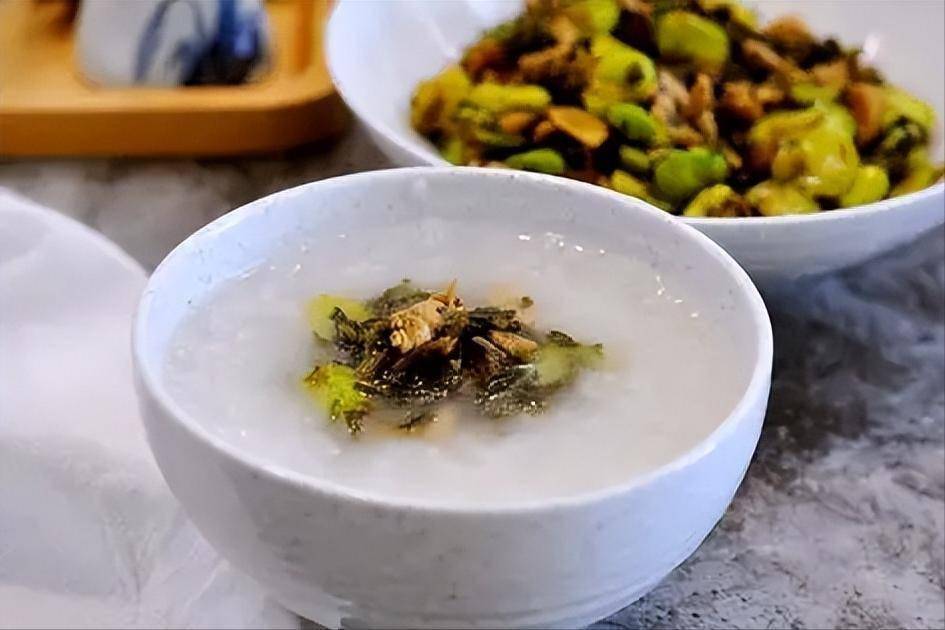
At first glance, rice balls with cured meats may seem healthier than oily pastries. However, they come with serious risks:
-
Cured meats (like sausage and dried pork) contain:
-
Large amounts of salt
-
Nitrites to preserve color and freshness
-
Oxidized fats and degraded proteins — these irritate the kidney tubules
-
While protein at breakfast sounds healthy, the type and source of protein matters:
-
Plant proteins or lean animal proteins are acceptable.
-
But high-fat, high-sodium processed meats increase waste products and uremic toxins, placing stress on the kidneys.
And Don't Forget the Calories:
-
A single rice ball is calorie-dense.
-
Combined with salty sauces, it easily leads to obesity — a major contributor to kidney disease.
In overweight individuals:
-
Visceral fat increases pressure on renal blood flow.
-
Over time, this causes damage to kidney structures and can lead to proteinuria (protein in the urine).
Fast Food Burgers: A Long-Term Risk
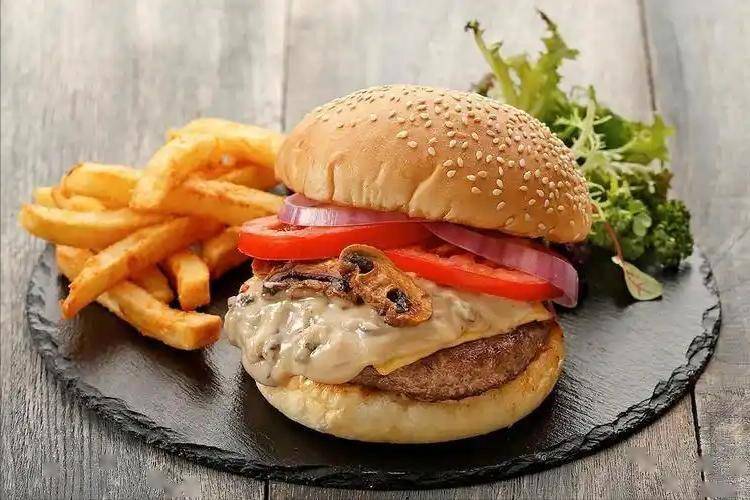
Many people opt for burgers out of convenience or because their children enjoy them. But long-term consumption is hazardous:
-
Burger buns are made from refined flour with a high glycemic index.
-
The meat patties are high in trans fats, phosphate additives, and preservatives.
Why This Matters:
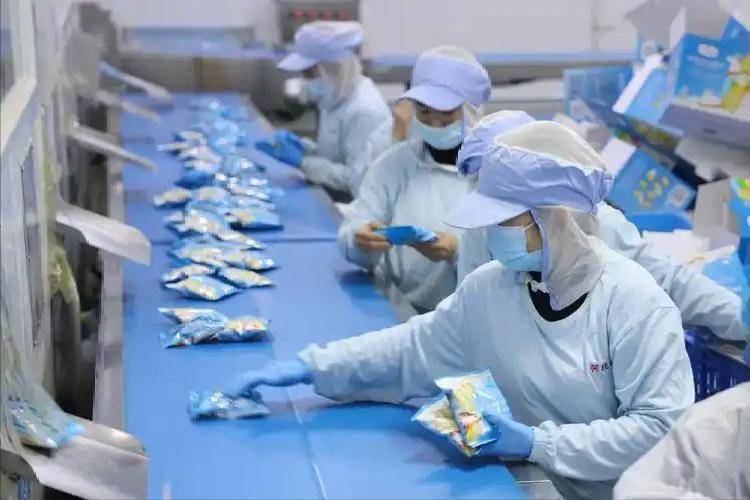
-
Trans fats disrupt lipid metabolism and trigger inflammation, which speeds up kidney decline.
-
Phosphate additives (common in processed meats and cheeses) are absorbed more easily than natural phosphates, raising blood phosphorus levels.
High phosphorus intake can lead to:
-
Secondary hyperparathyroidism
-
Bone metabolism disorders
-
Increased burden on the kidneys in handling calcium-phosphorus balance
Many patients diagnosed with uremia (kidney failure) in mid-to-late stages have diets filled with processed food.
Why Didn’t These Problems Show Up When We Were Younger?
The kidneys are highly resilient organs.
Early damage is hard to detect — it may take 10–15 years before a routine urine test shows any abnormality.
But once creatinine levels rise or proteinuria becomes chronic, it signals that the body’s compensation mechanisms have failed, and irreversible damage has occurred.
Multiple Health Conditions Compound Kidney Risk
Many elderly individuals have multiple chronic conditions, including:
-
Hypertension
-
Diabetes
-
High cholesterol
Each of these increases stress on the kidneys:
-
High blood sugar causes glomerular overfiltration, leading to structural damage.
-
High blood pressure leads to renal artery sclerosis and poor kidney perfusion.
-
Hyperlipidemia causes microvascular inflammation and filtration barrier damage.
Why Breakfast Matters Most
Breakfast is the first meal after a night of fasting — a time when:
-
Osmotic pressure is most sensitive
-
Blood pressure is most prone to fluctuation
That makes it the worst time to make poor food choices.
An inappropriate breakfast doesn’t just start your day off wrong—it adds chronic stress to the kidneys over time.
The Mindset That “It Doesn’t Matter What I Eat at My Age” Is Dangerous
Especially after age 60, glomerular function declines by about 1% each year.
This calls for conserving function, not overwhelming the kidneys with heavy foods.
What to Aim For:
-
Clean, safe breakfasts
-
Moderate protein intake
-
Low sodium, low phosphorus foods
These are not luxury health choices — they are essential to slowing the aging of your kidneys.
Disclaimer: This article is for informational purposes only. If you are experiencing any discomfort, please consult a qualified healthcare professional.
News in the same category

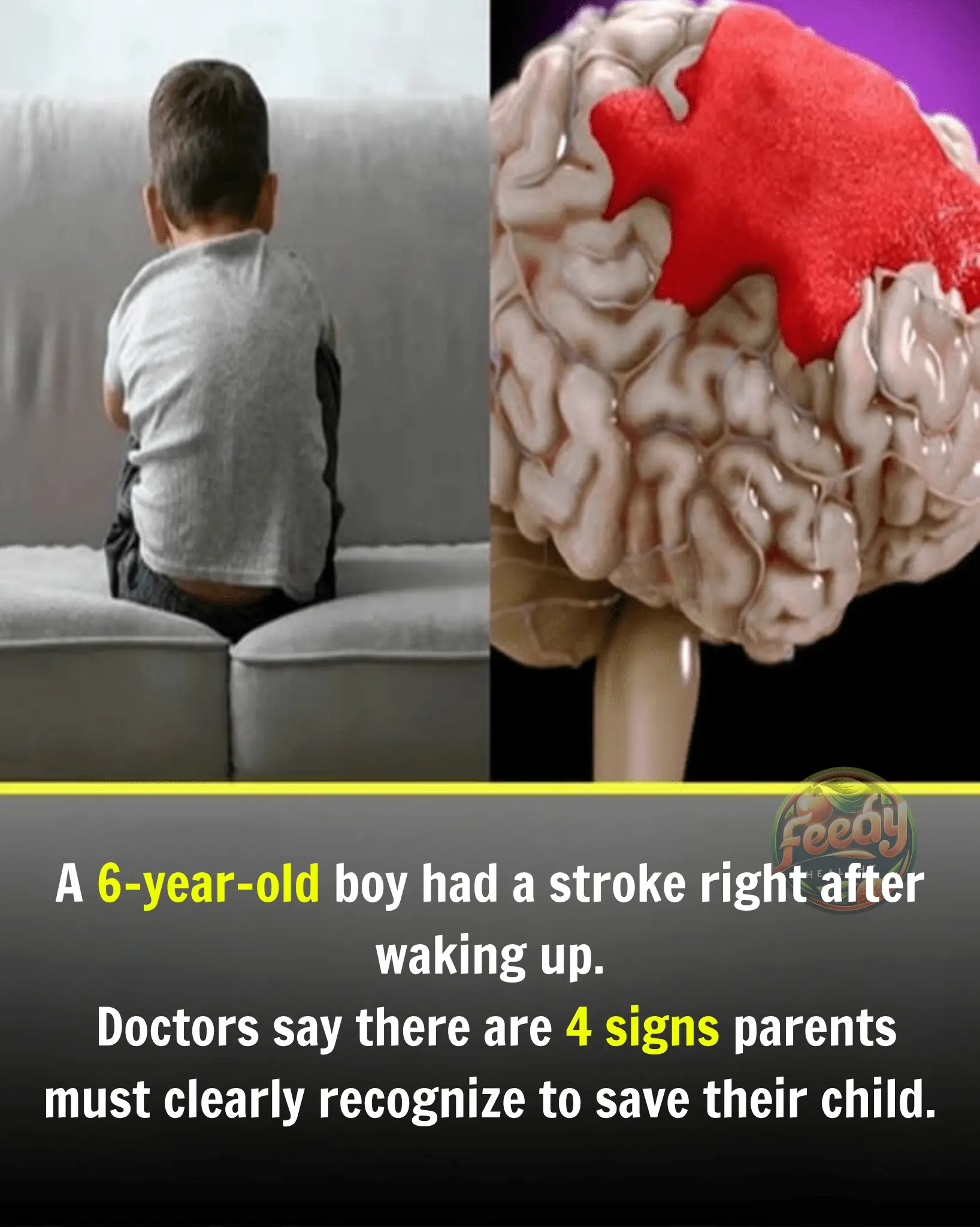
6-Year-Old Boy Suffers Stroke Right After Waking Up – Doctors Emphasize 4 Warning Signs Parents Must Recognize to Save Their Child

If You Have Colon Polyps, These 4 Symptoms During Bowel Movements Could Be a Warning – See a Doctor Before It's Too Late
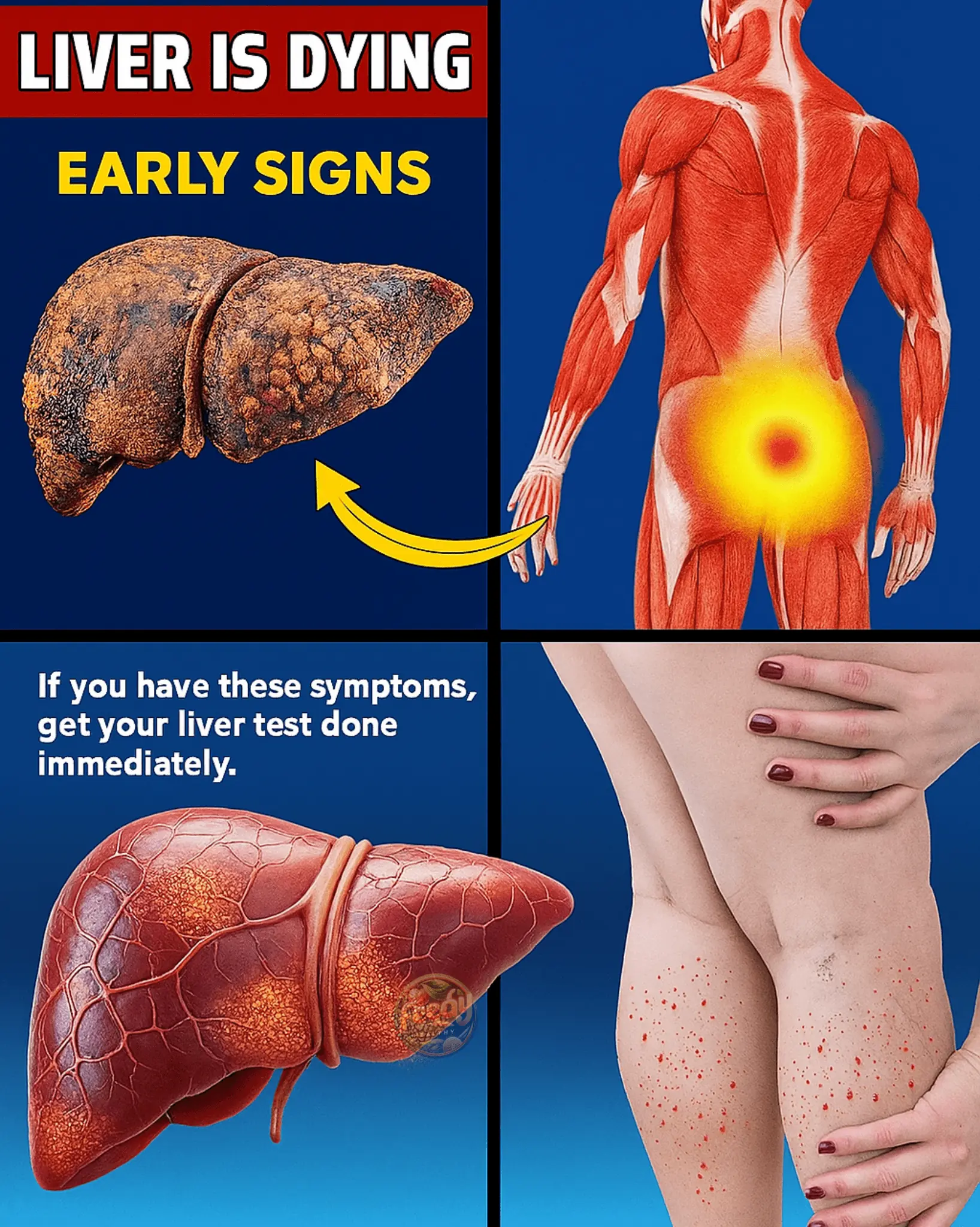
Is Your Liver in Danger? 12 Early Signs of Liver Cirrhosis You Shouldn’t Ignore

Emergency Warning Issued: “Do Not Eat” Dubai-Style Chocolate Bar Recalled
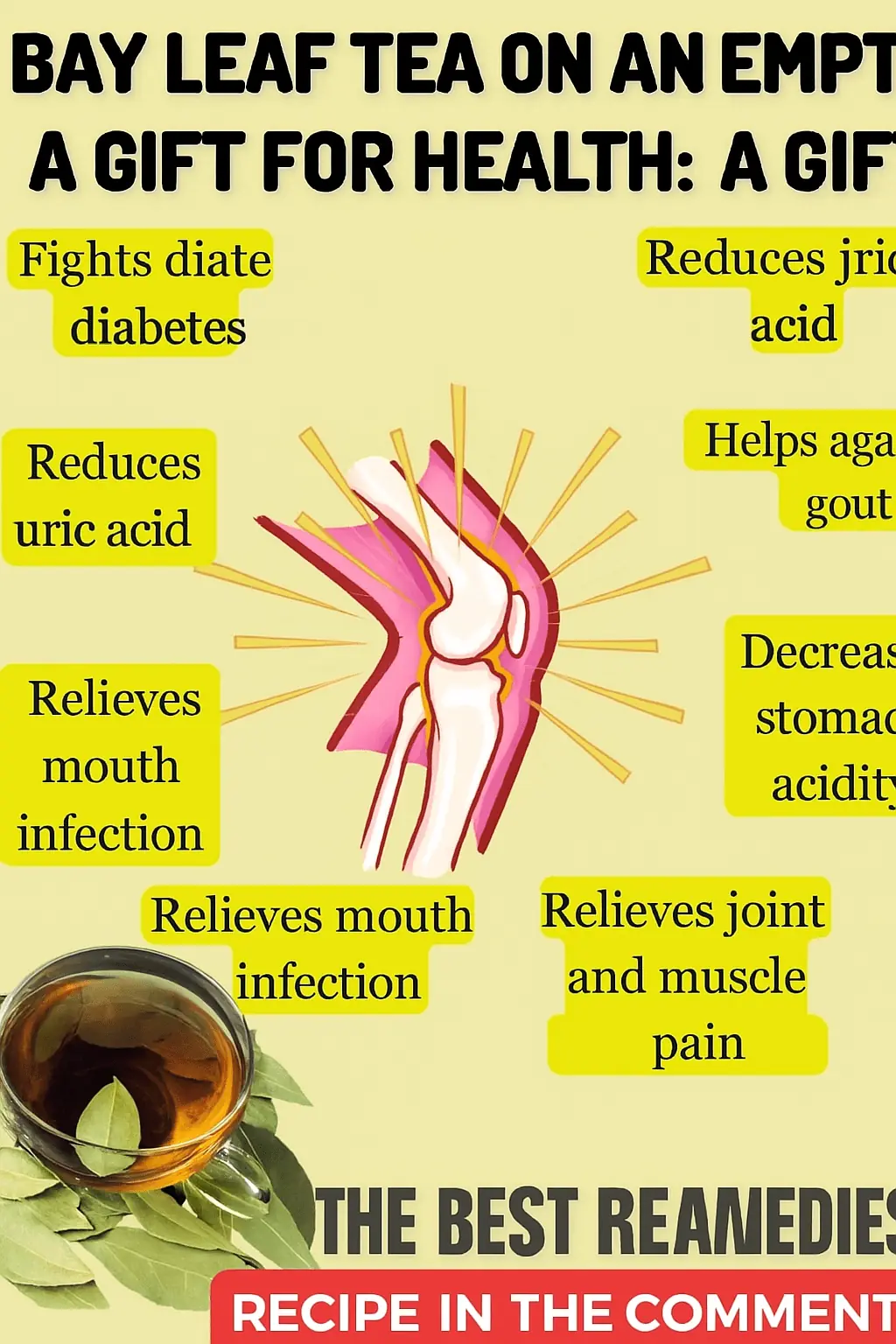
Health Benefits of Drinking Bay Leaf Tea on an Empty Stomach
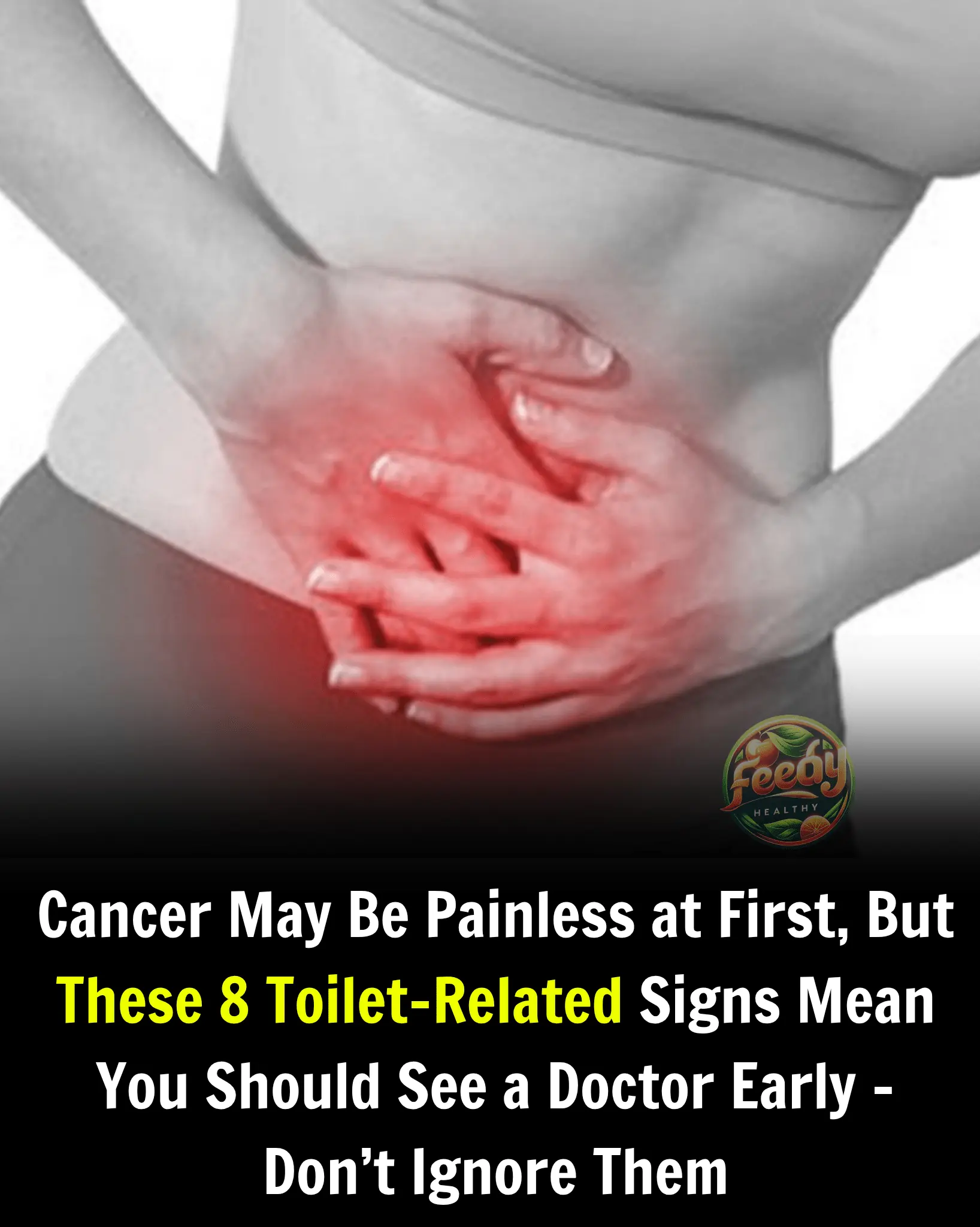
Cancer May Be Painless at First, But These 8 Toilet-Related Signs Mean You Should See a Doctor Early – Don’t Ignore Them
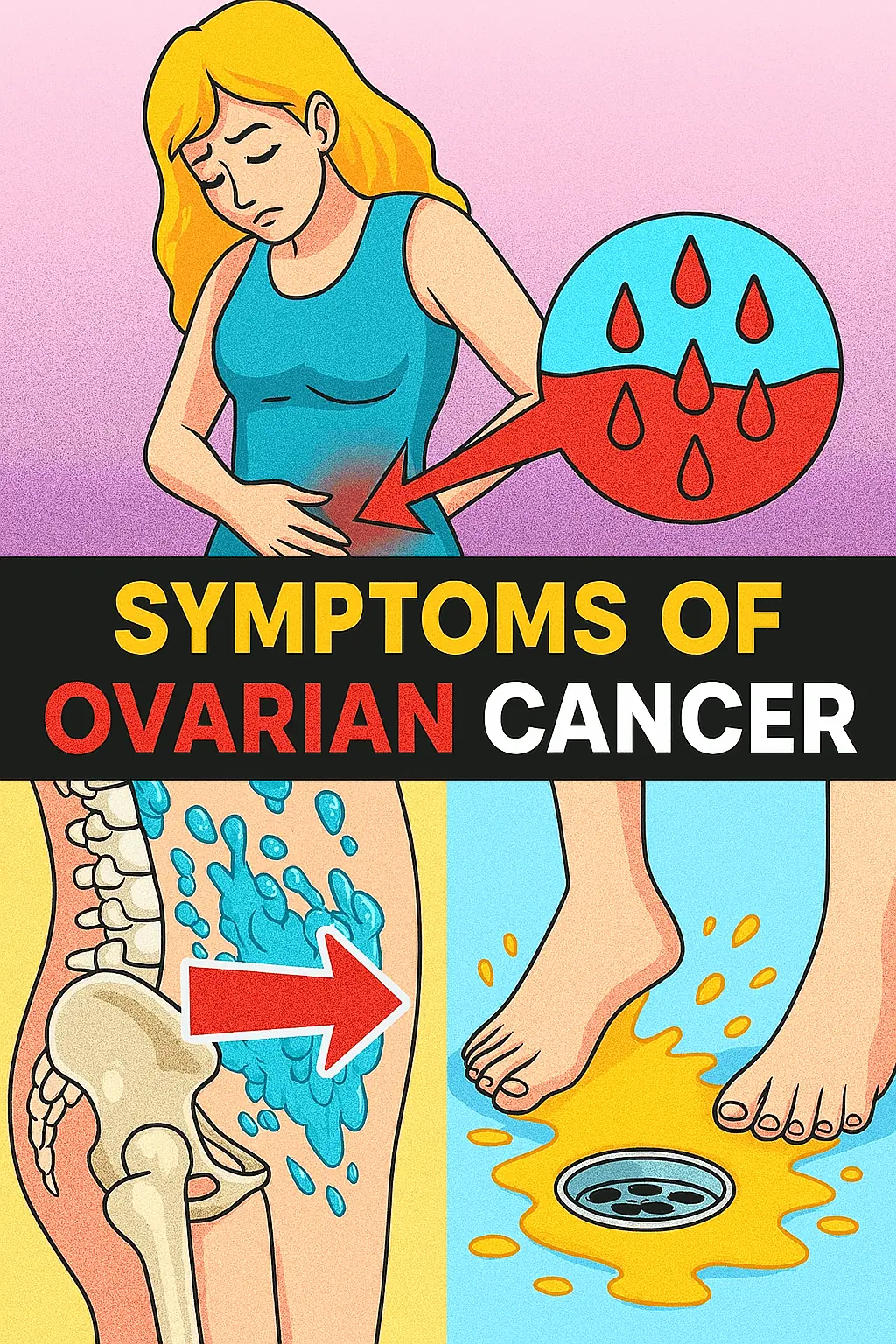
The Hidden Connection Between Ovarian and Breast Cancer
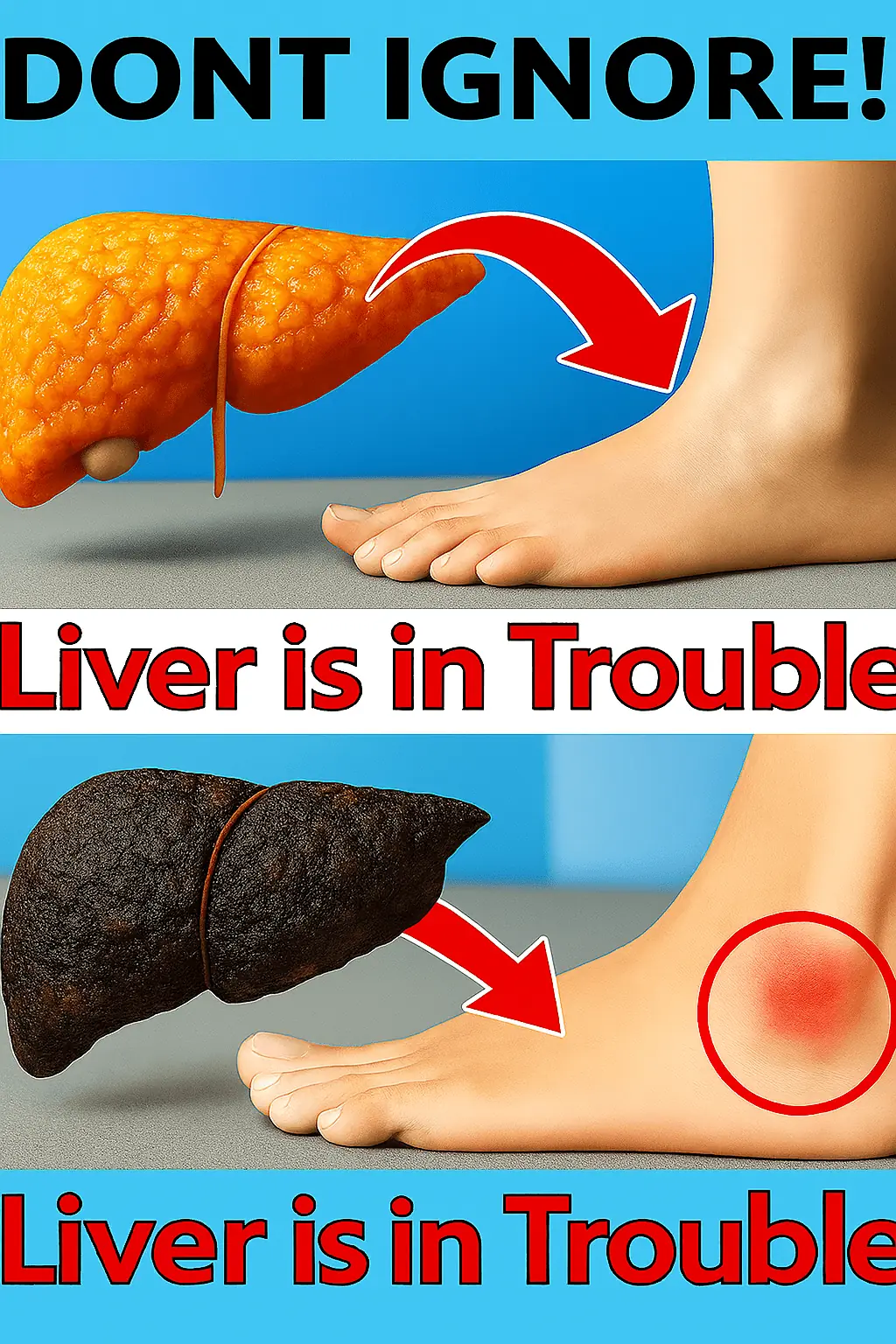
How Your Feet Are Warning You About Liver Problems: What You Need to Know

Vaseline & Coffee Erase Wrinkles Instantly! The 100-Year-Old Anti-Aging Secret You Need to Try!

8 "Friendly Enemies" of Diabetes – Snack Smart Without Spiking Blood Sugar!

Top Foods to Avoid After 60 for Better Health
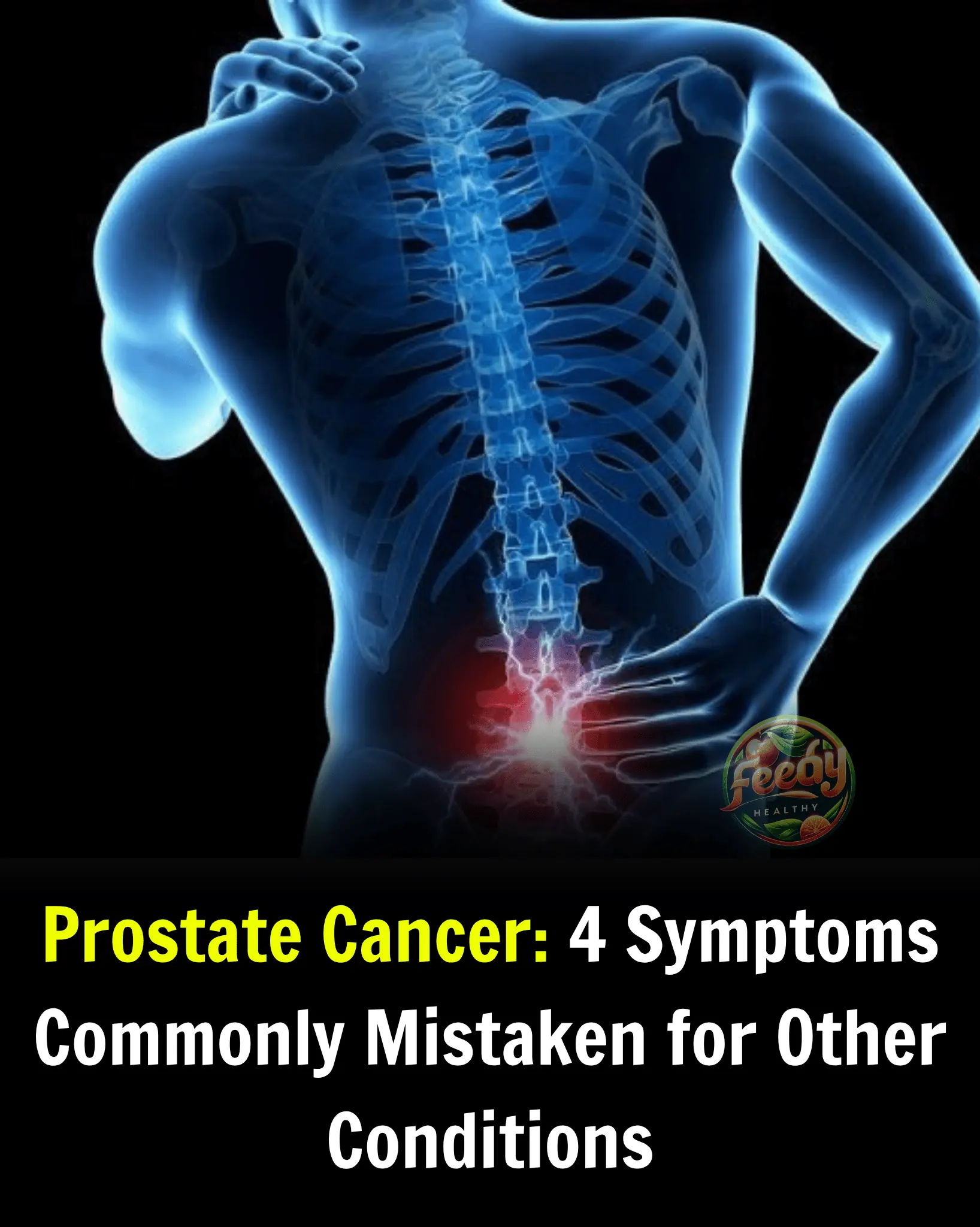
Prostate Cancer: 4 Symptoms Commonly Mistaken for Other Conditions

Busy Work Schedule: Is Sleeping Only 5–6 Hours a Night Harmful?
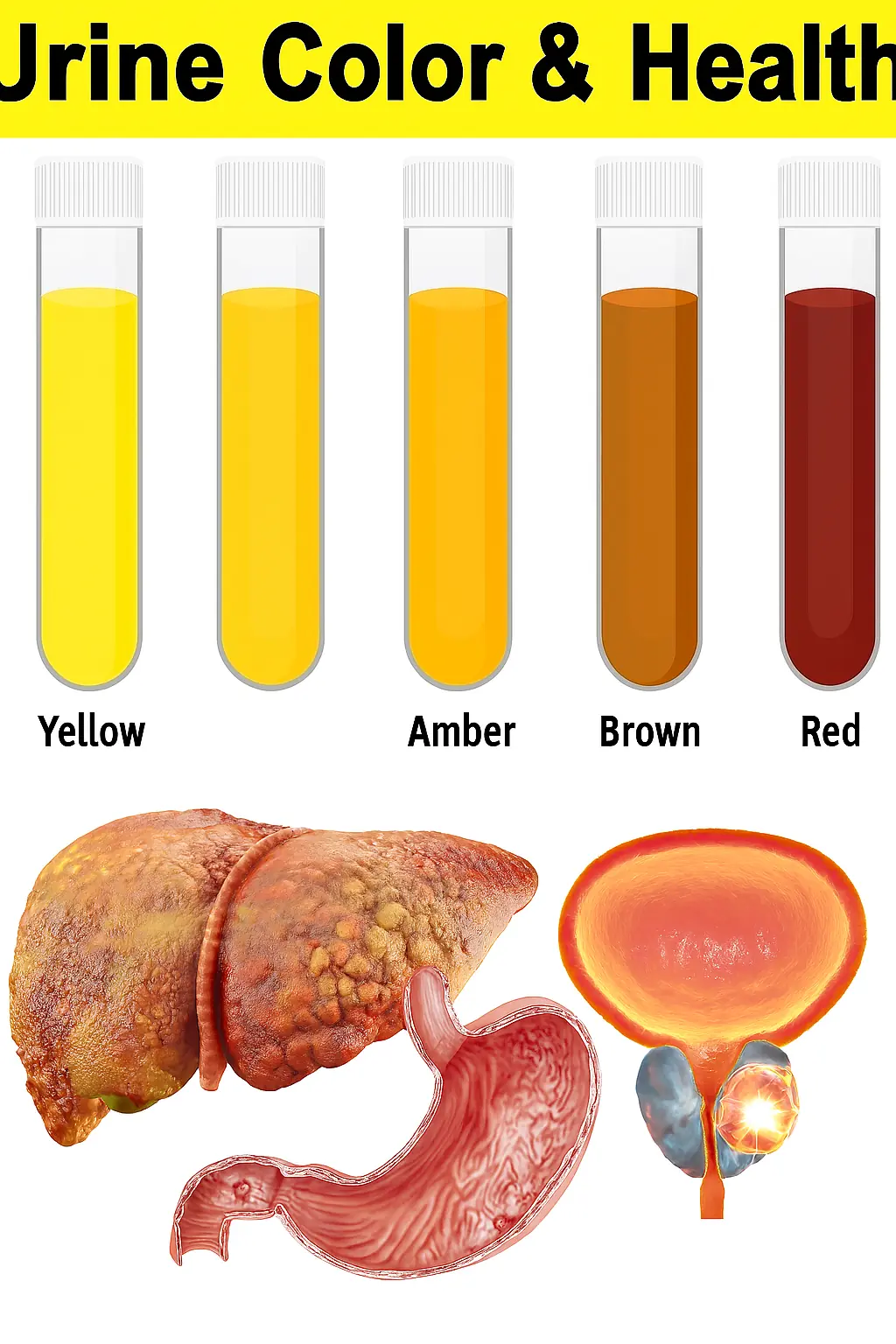
What Your Urine Color Really Says About Your Health (It’s More Interesting Than You Think)
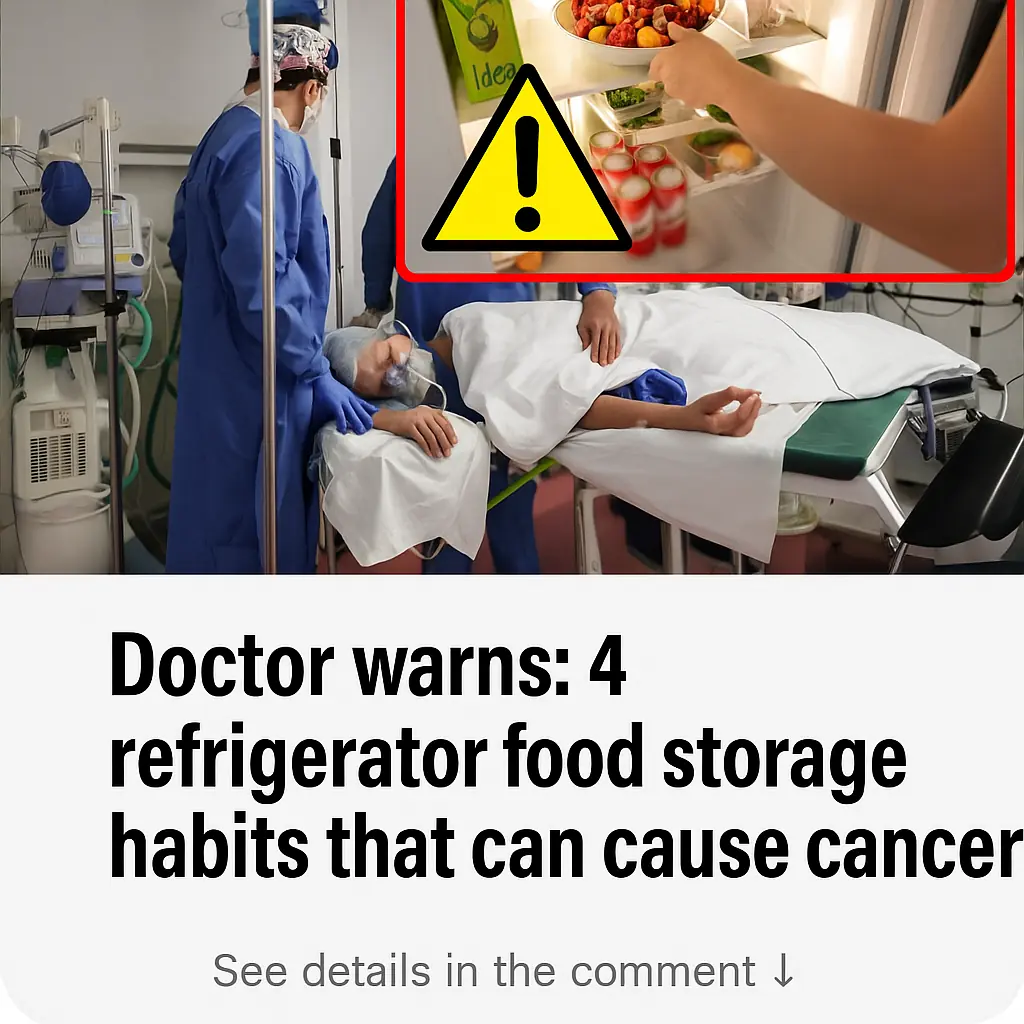
Doctor Warns: 4 Food Storage Habits in the Refrigerator That May Cause Cancer
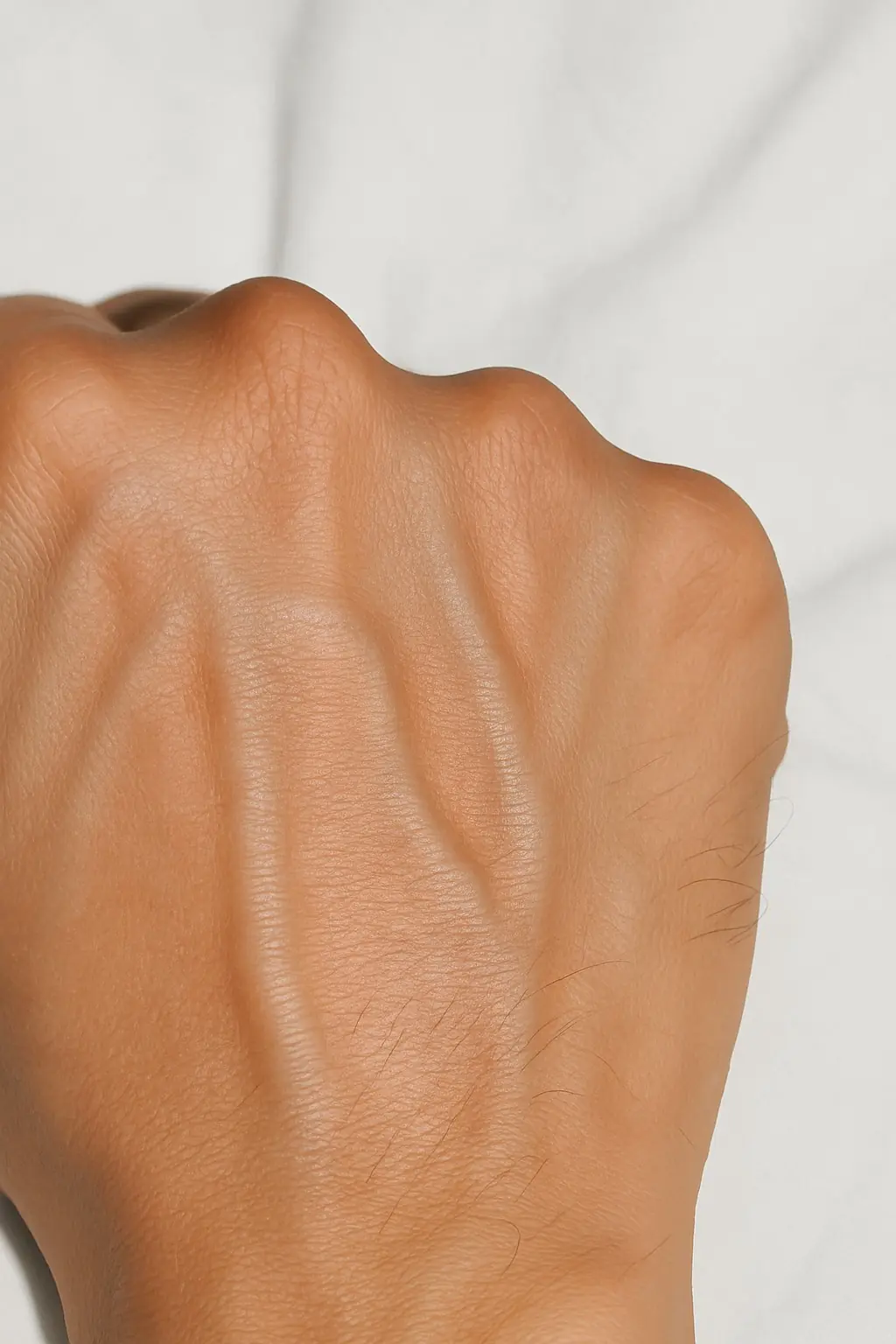
Visible Veins in the Hands: Health Signs You Shouldn’t Ignore

Kidney Cancer in Children: Warning Signs Parents Should Never Ignore
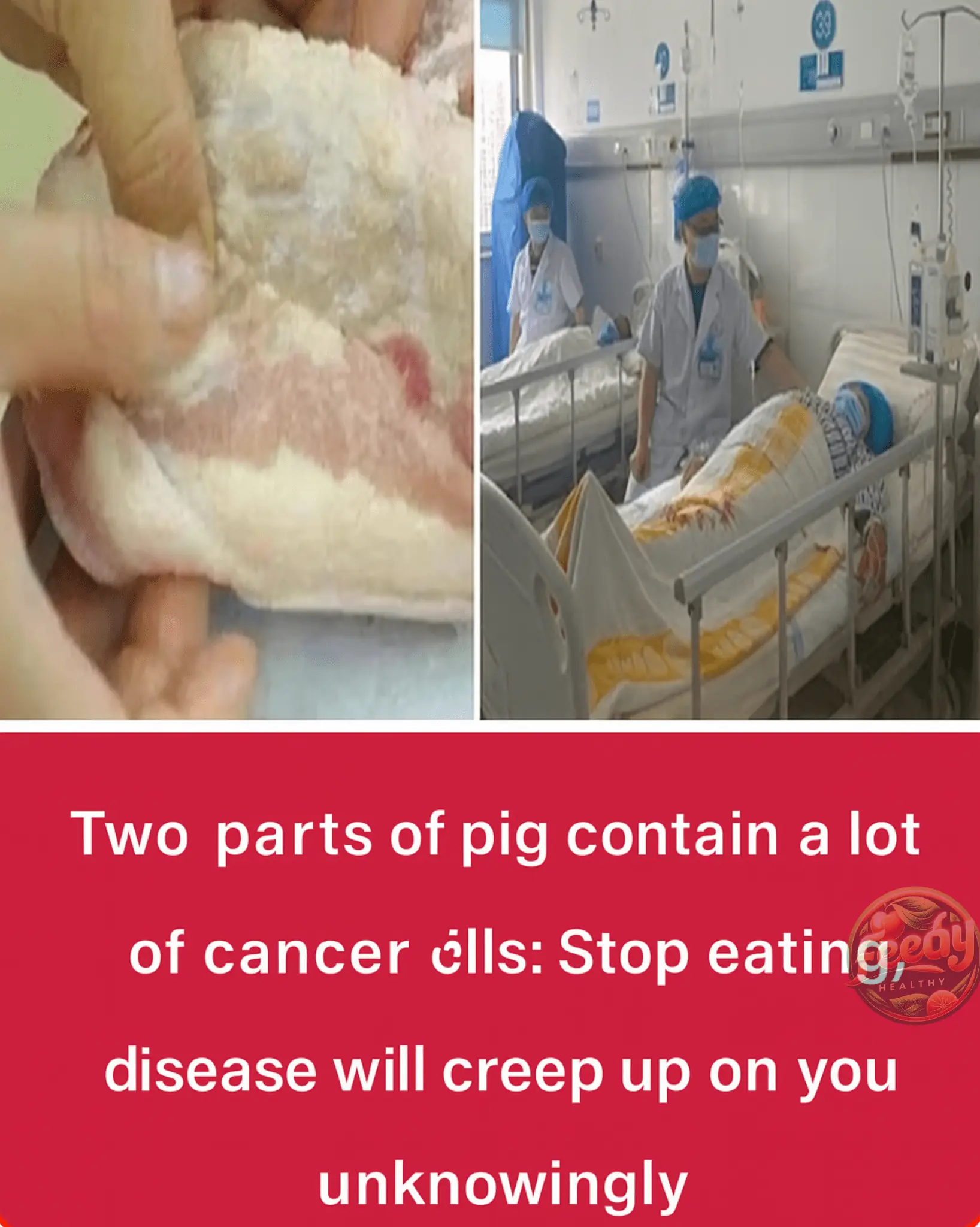
Two Pig Parts That May Contain Cancer Cells: Avoid Them to Protect Your Health
News Post

7 Early Signs of Stomach Cancer Everyone Should Know to Prevent Metastasis

6-Year-Old Boy Suffers Stroke Right After Waking Up – Doctors Emphasize 4 Warning Signs Parents Must Recognize to Save Their Child

If You Have Colon Polyps, These 4 Symptoms During Bowel Movements Could Be a Warning – See a Doctor Before It's Too Late

🍓🍰 Berry Mousse Genoise Layer Cake 🎂

🫐🍰 Nova Scotia Blueberry Cream Cake 🍰🫐

🍑 Gourmet Peach Ice Cream Recipe

Discover the Secret to Naturally Banishing Skin Tags with Lemon & Ginger

Broadleaf Plantain Unveiled: 30 Astonishing Benefits of Nature’s Hidden Healer

Glow Like Never Before: The Lemon & Charcoal Skincare Secret That Will Transform Your Skin

Sida Acuta: The Hidden Miracle Herb You Need to Know About

Unveiling the Secrets of Sida Acuta: The Hidden Powerhouse of Nature

Ignite Your Energy: The Ultimate Coconut Water, Garlic, Ginger & Honey Elixir for Peak Performance
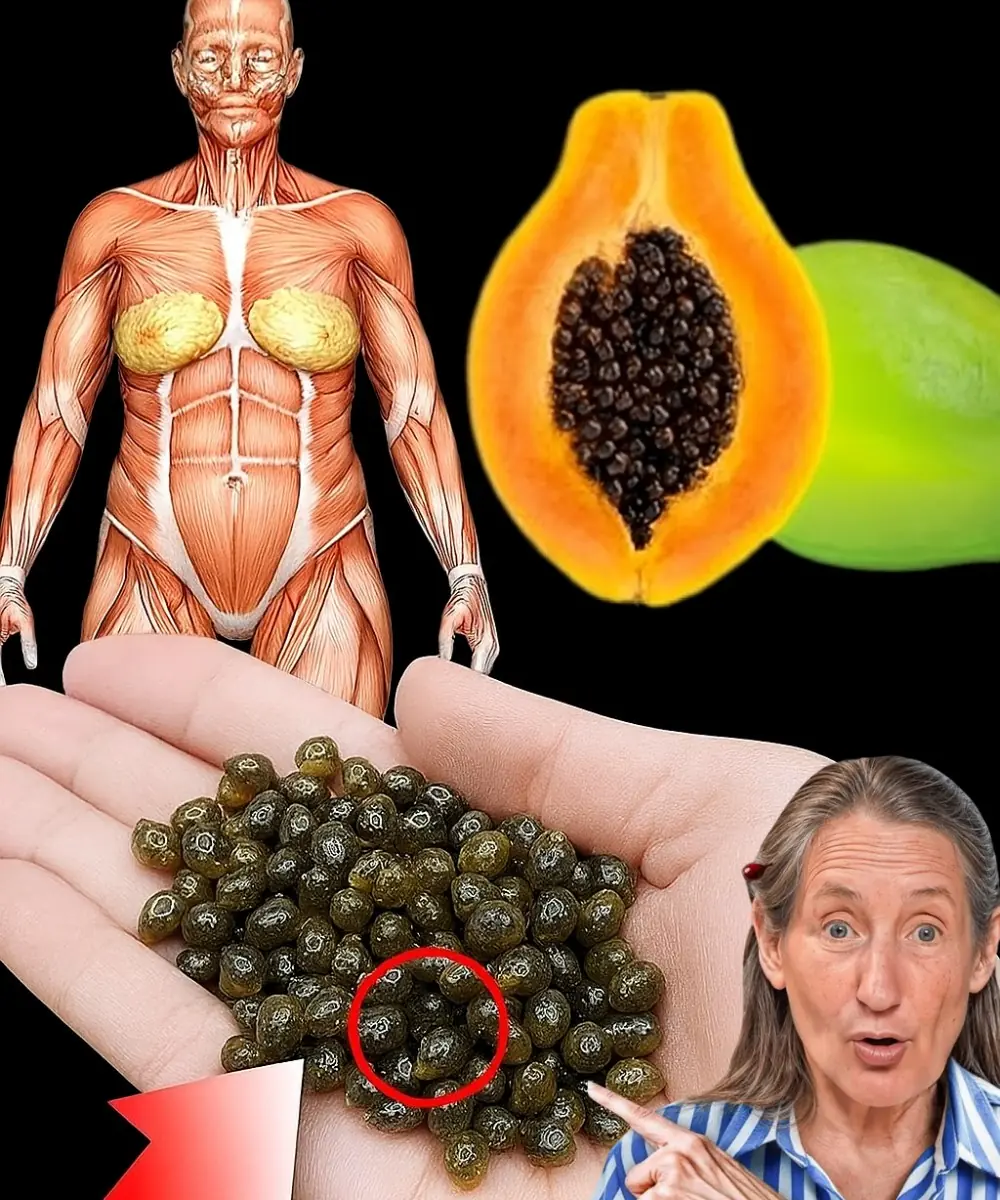
Discover the Secret Power of Papaya Seeds: 10 Health Benefits You’ll Wish You Knew Sooner
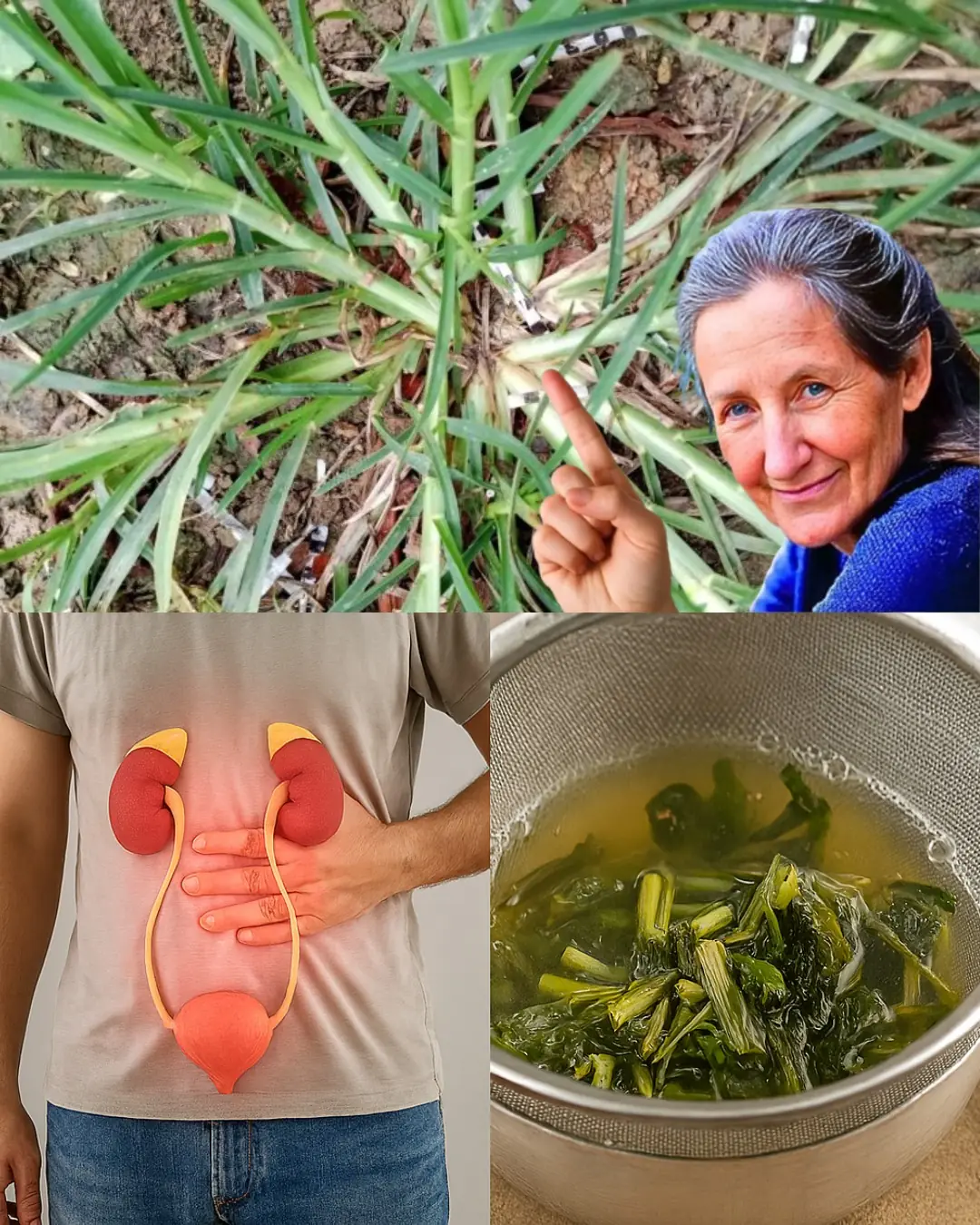
Unlock the Secret Power of Goosegrass: Your Kidneys’ New Best Friend
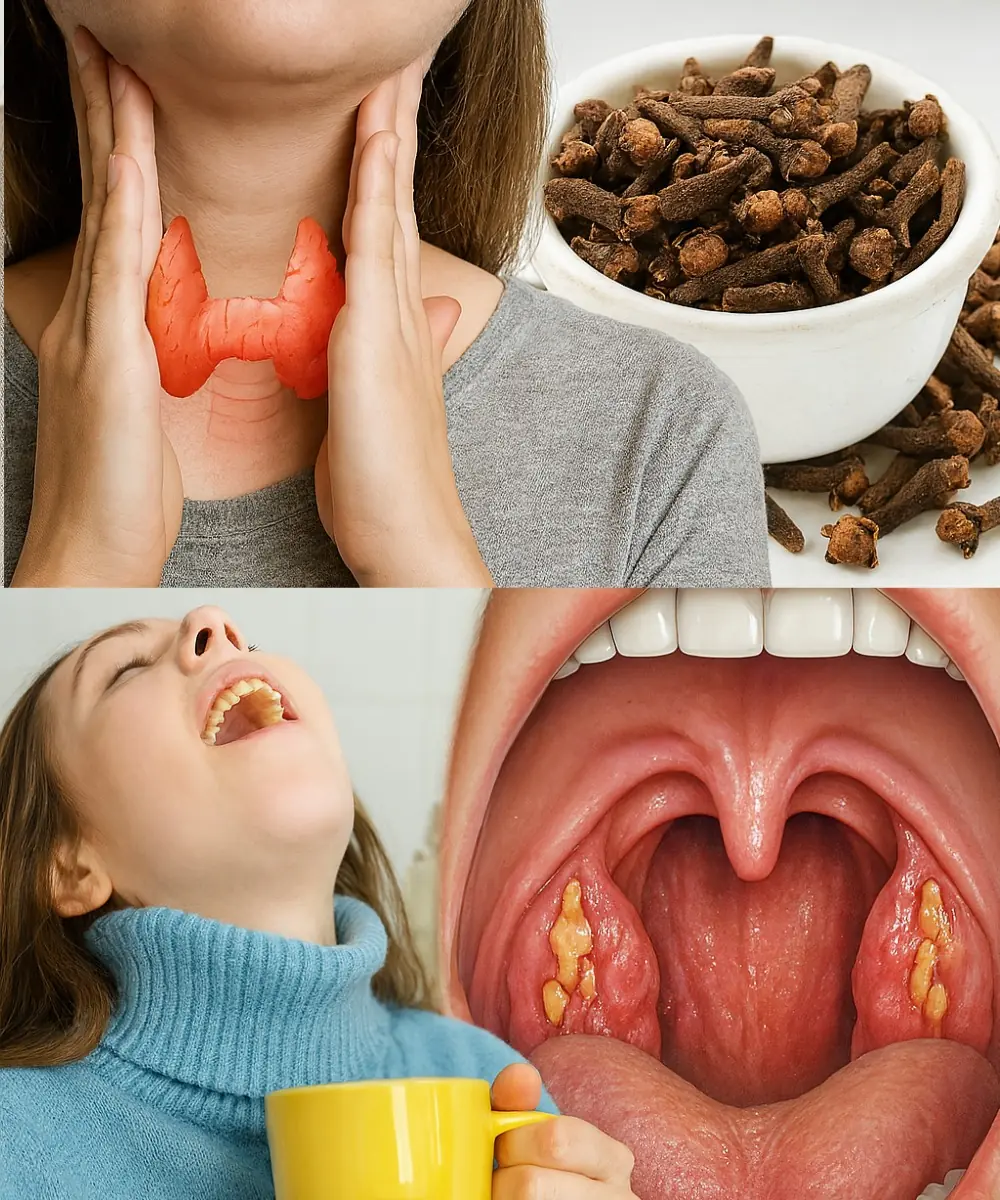
Cloves Unraveled: The Tiny Spice with Mighty Healing Powers

Nature’s Vision Elixir: 5 Miracle Leaves to Revolutionize Your Eye Health
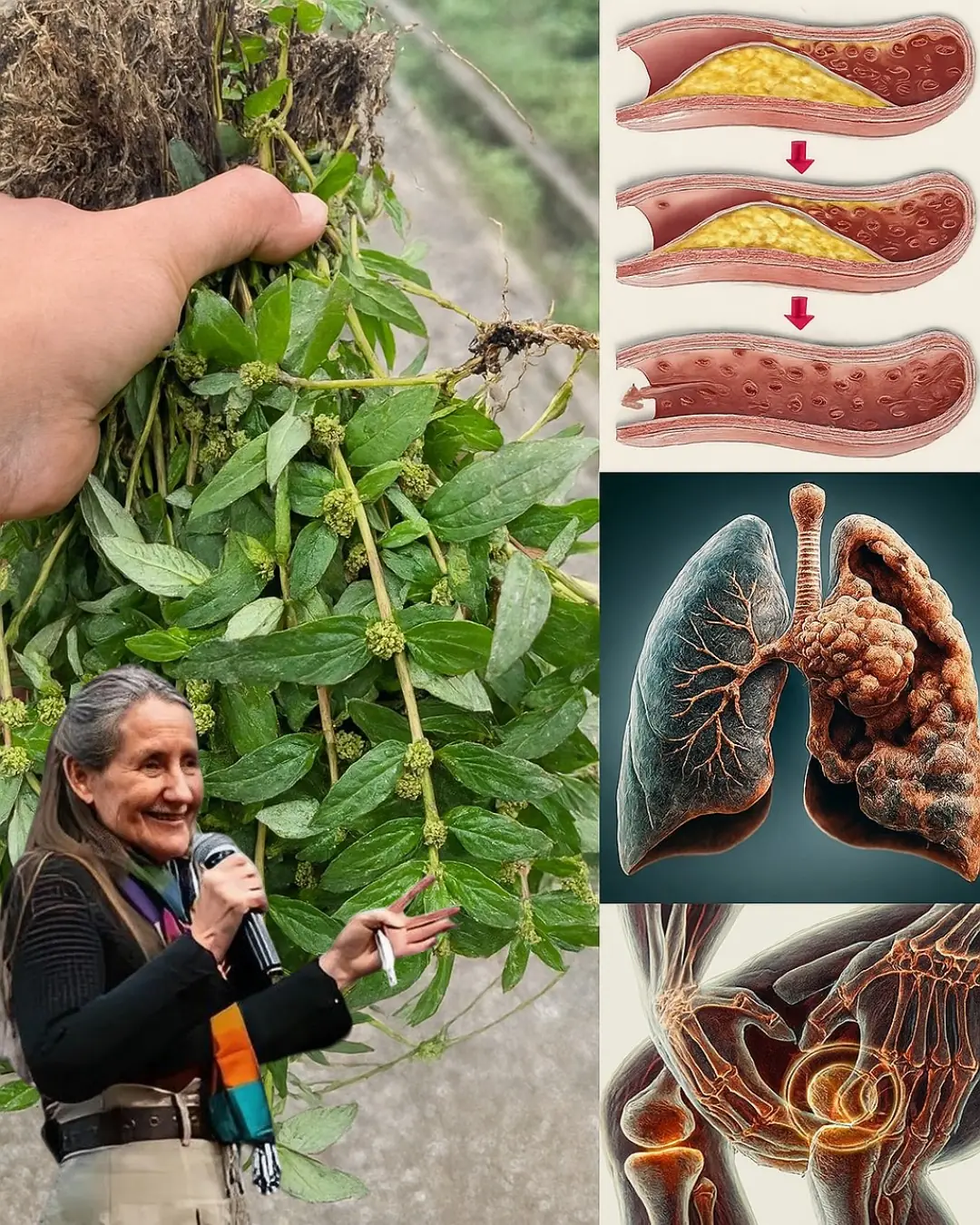
Euphorbia Hirta: 9 Astonishing Health Benefits of This Healing Powerhouse

Moringa Seeds: The Tiny Powerhouses Transforming Your Health
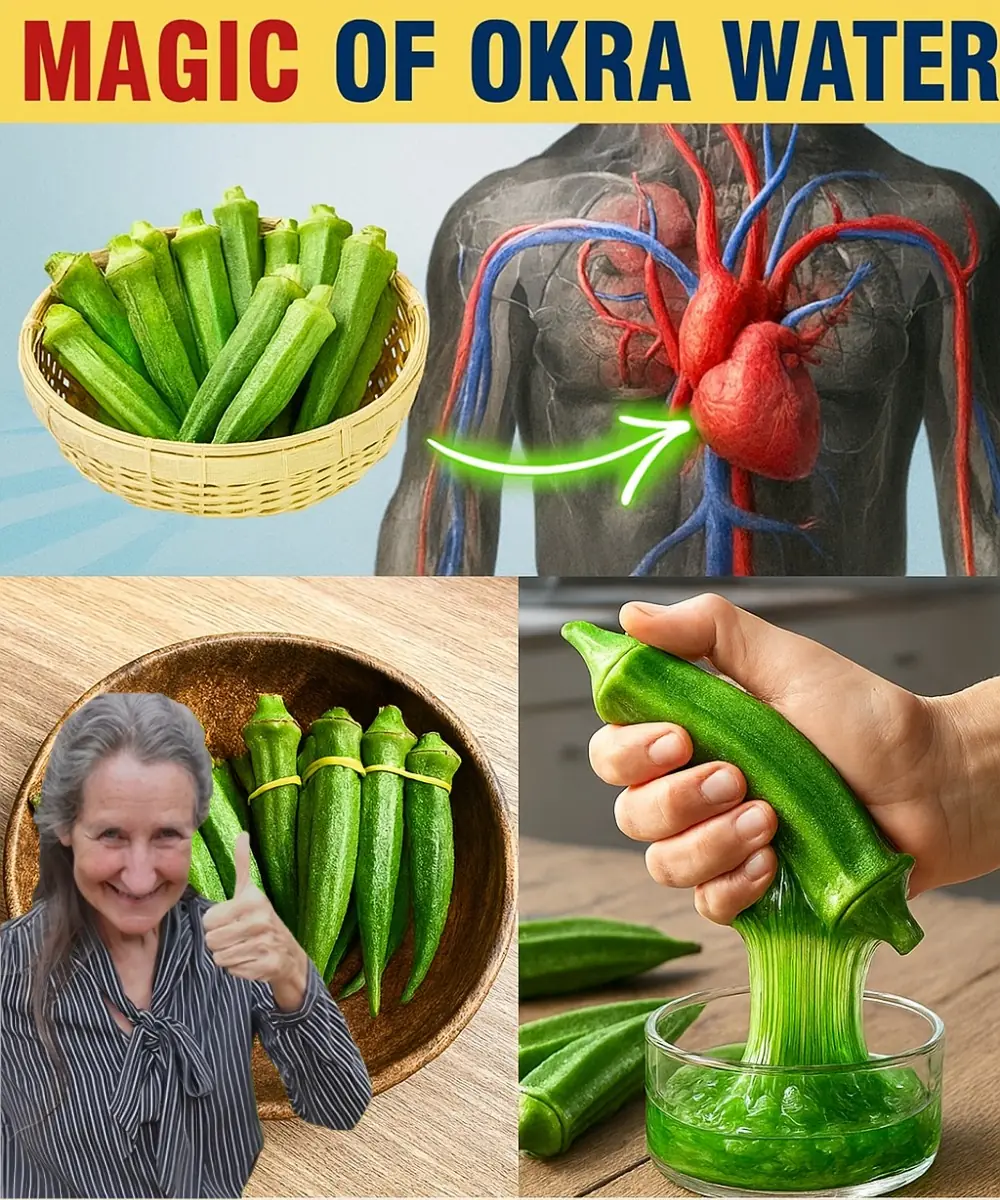
Okra Unveiled: 10 Surprising Reasons to Embrace This Green Superstar
